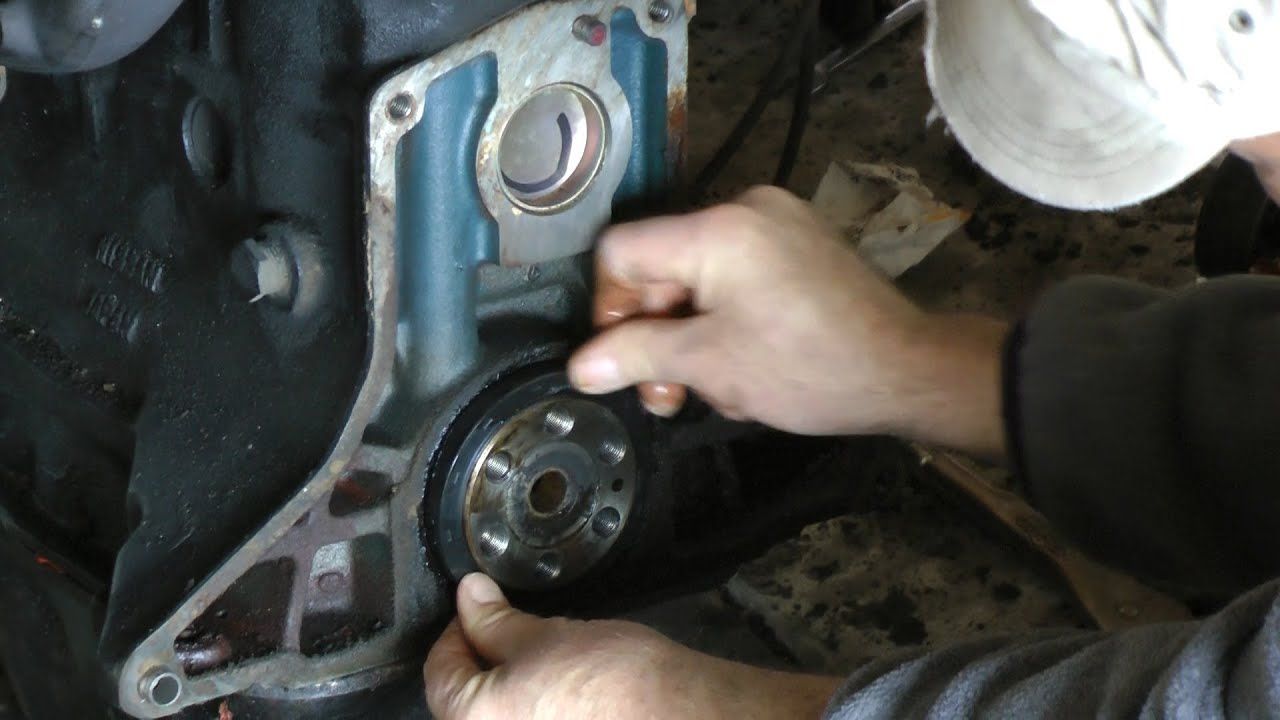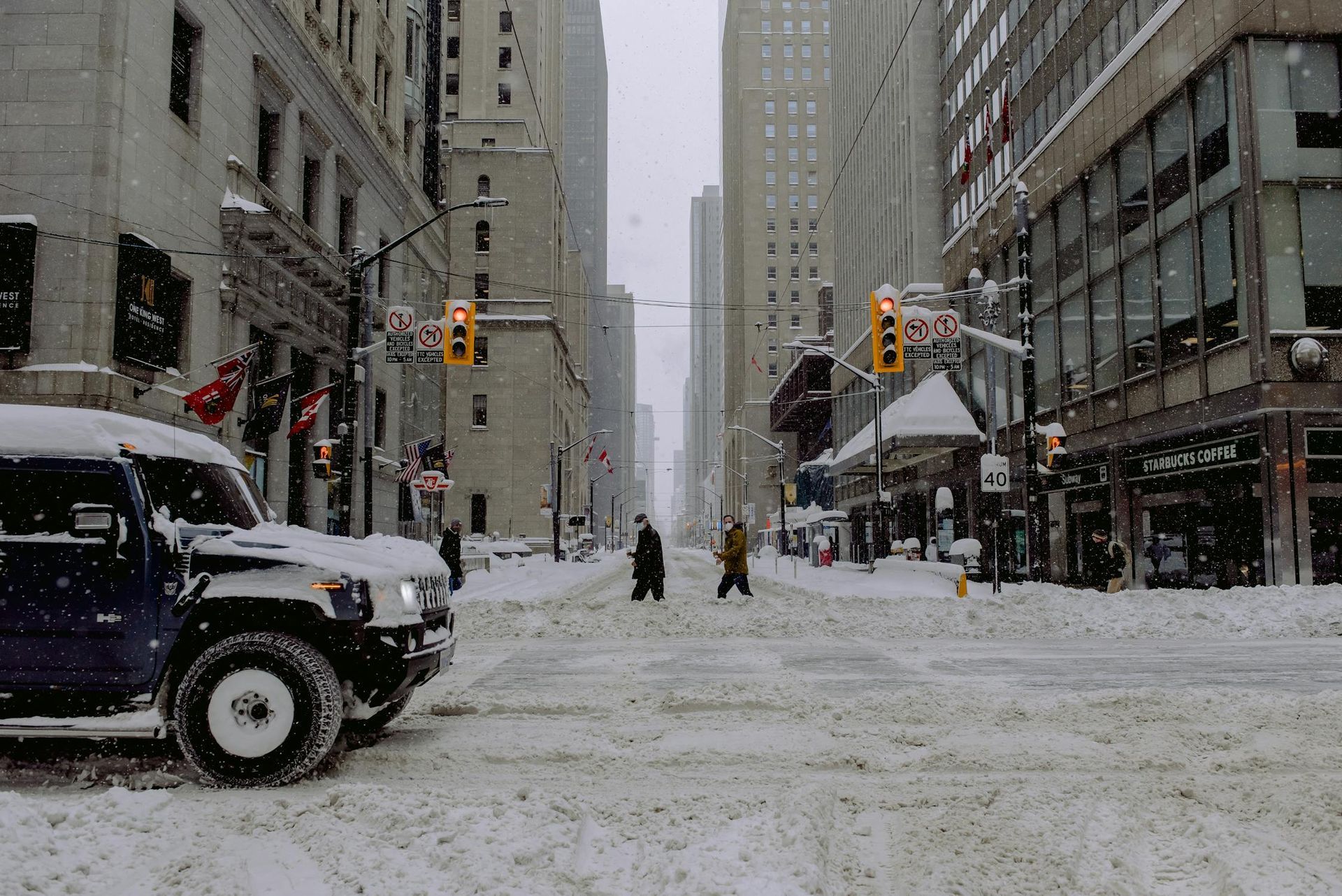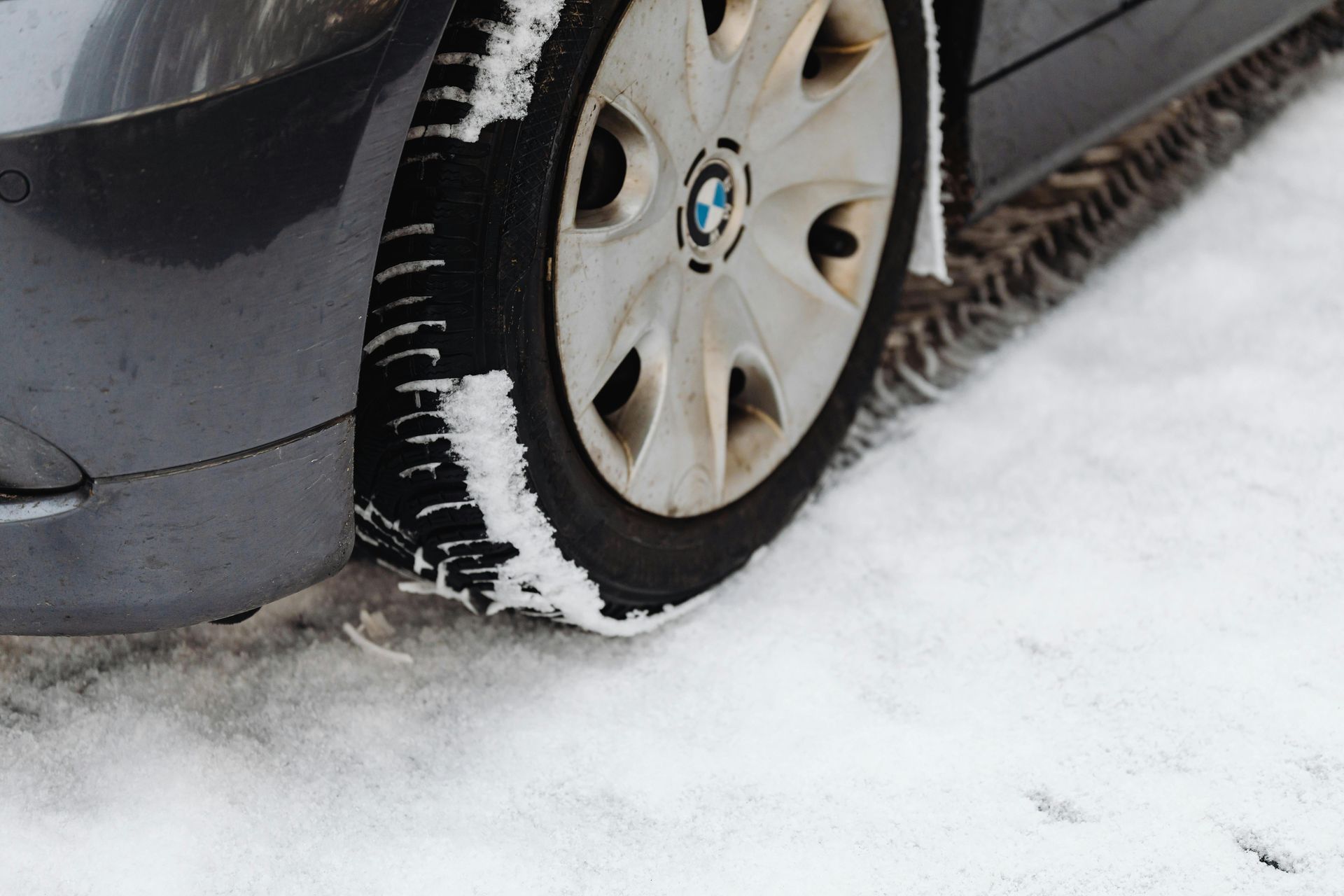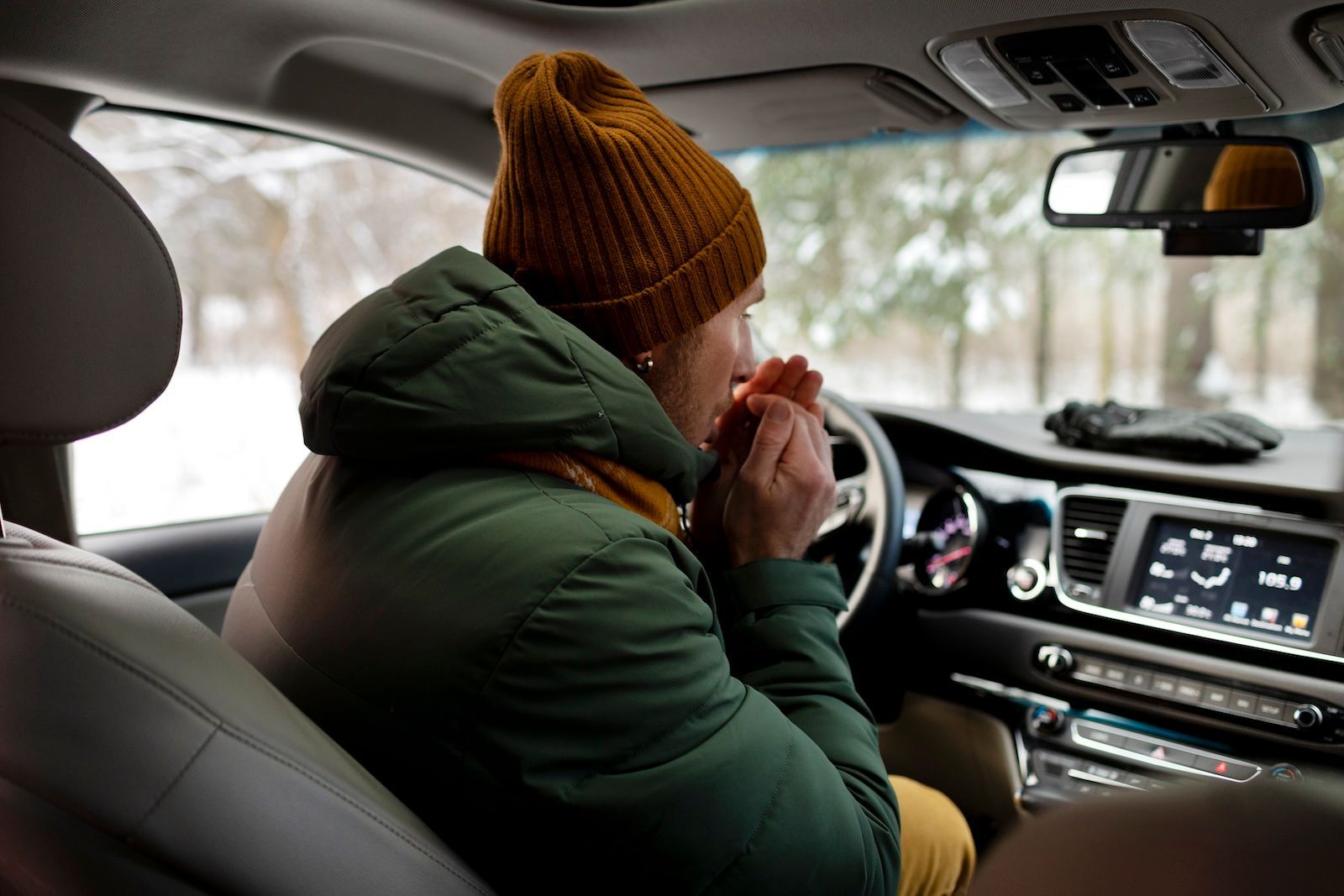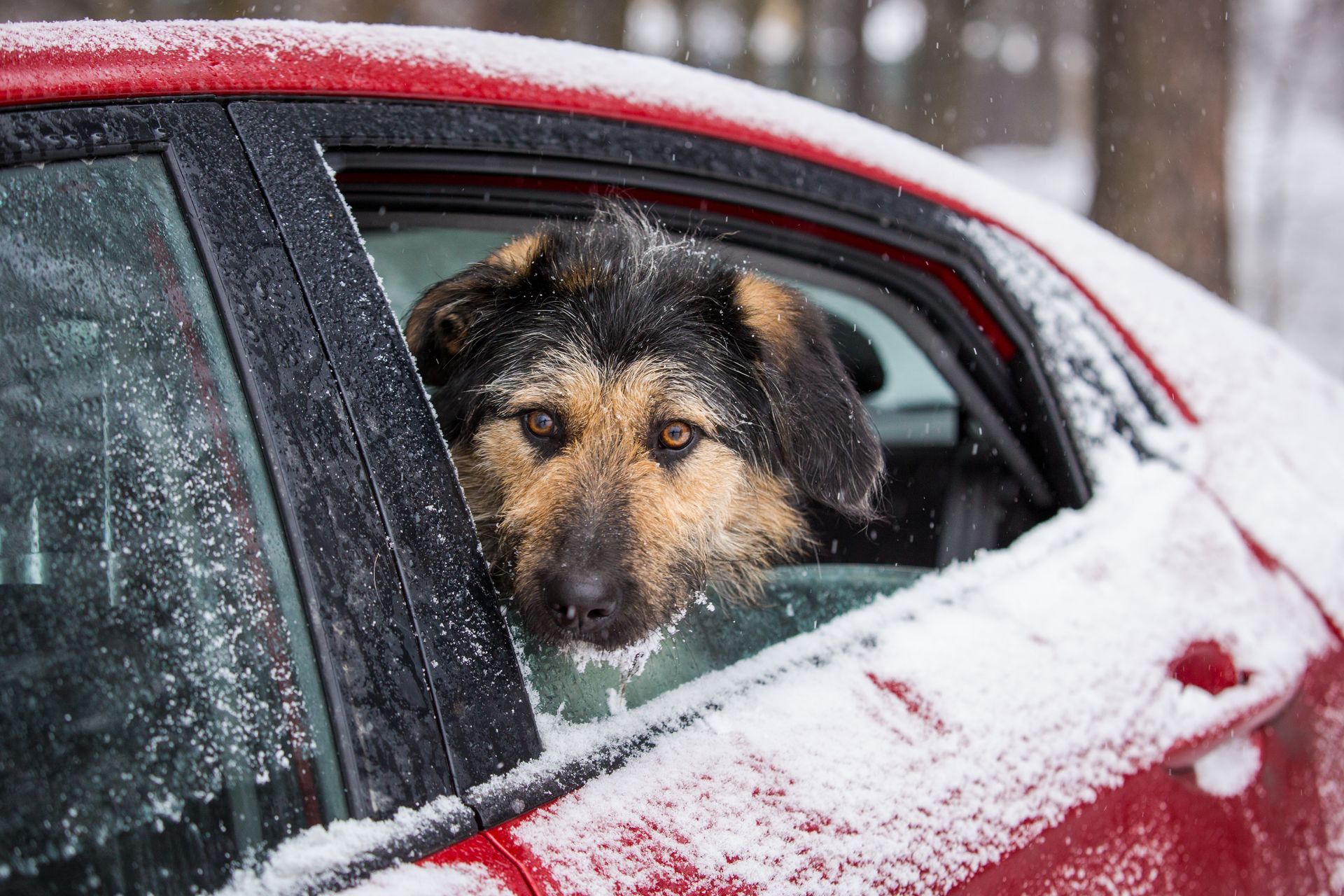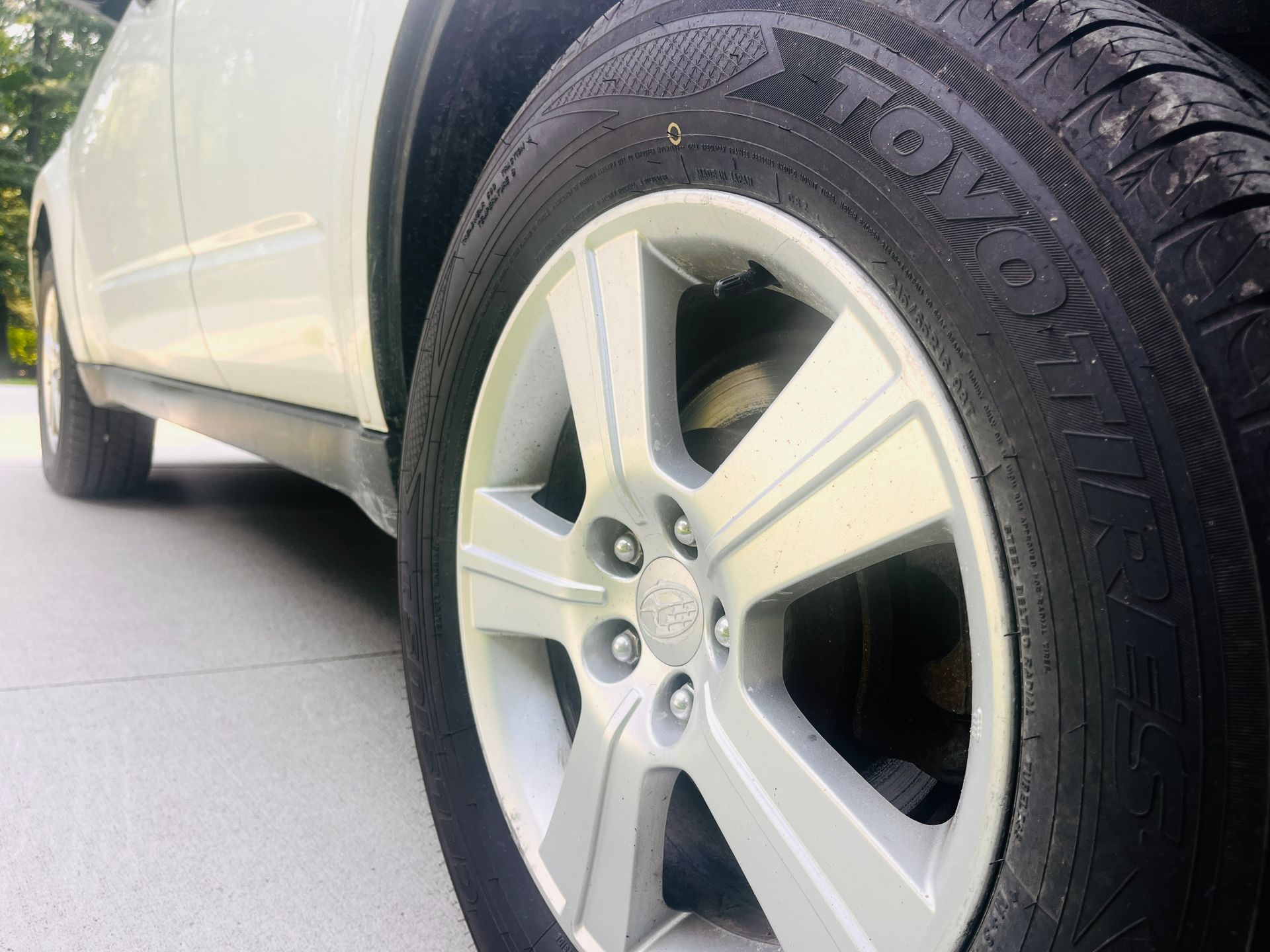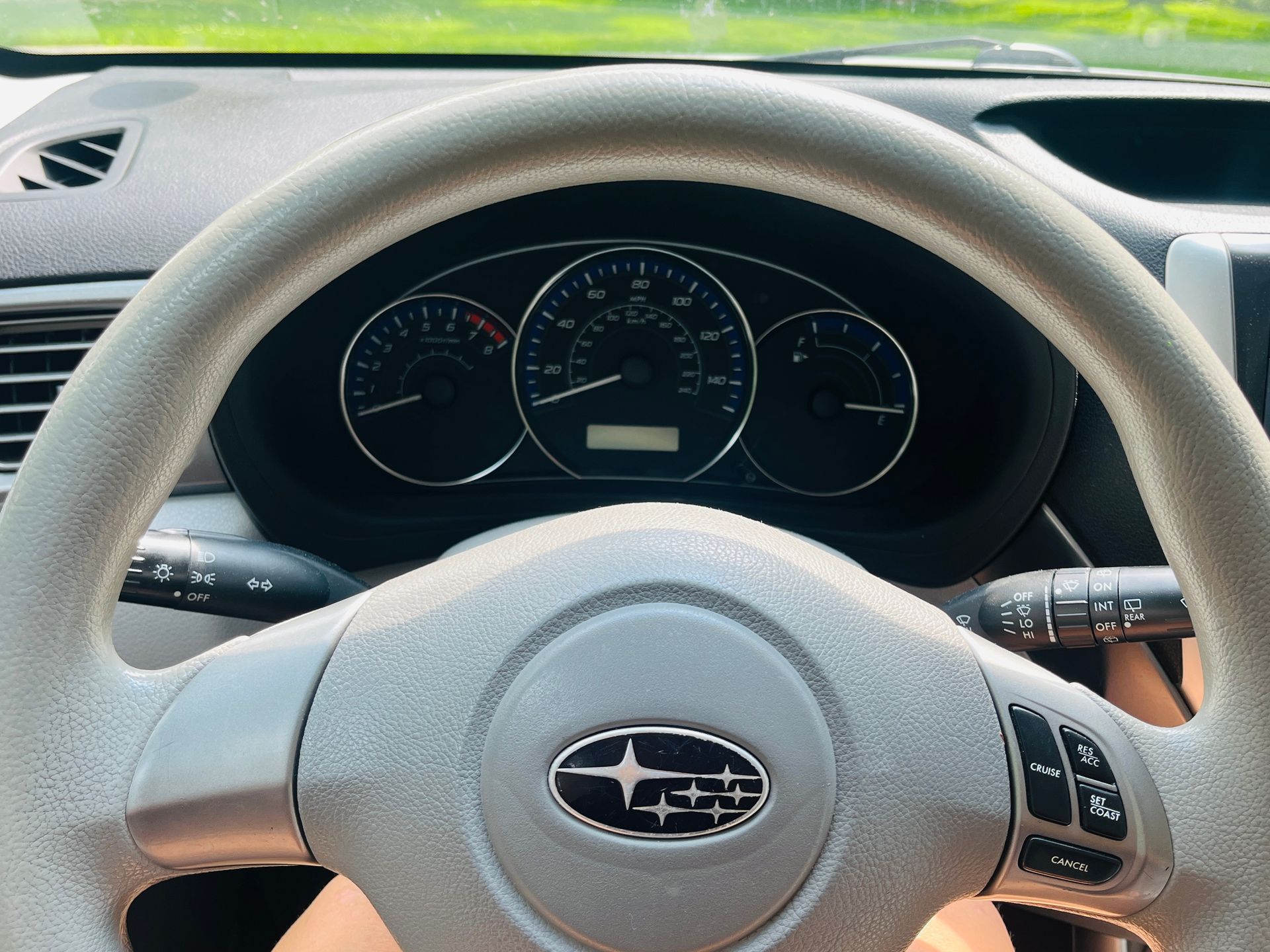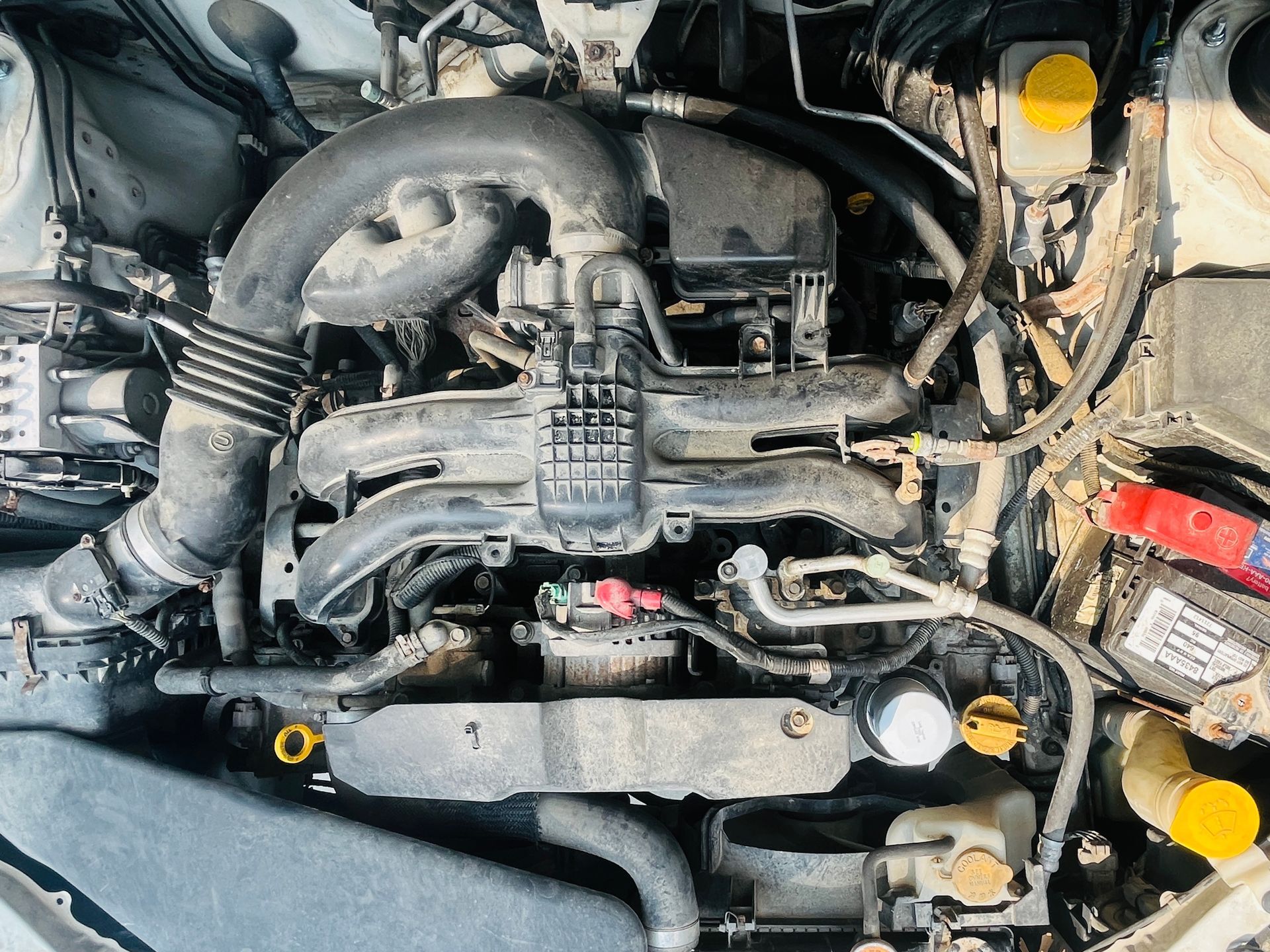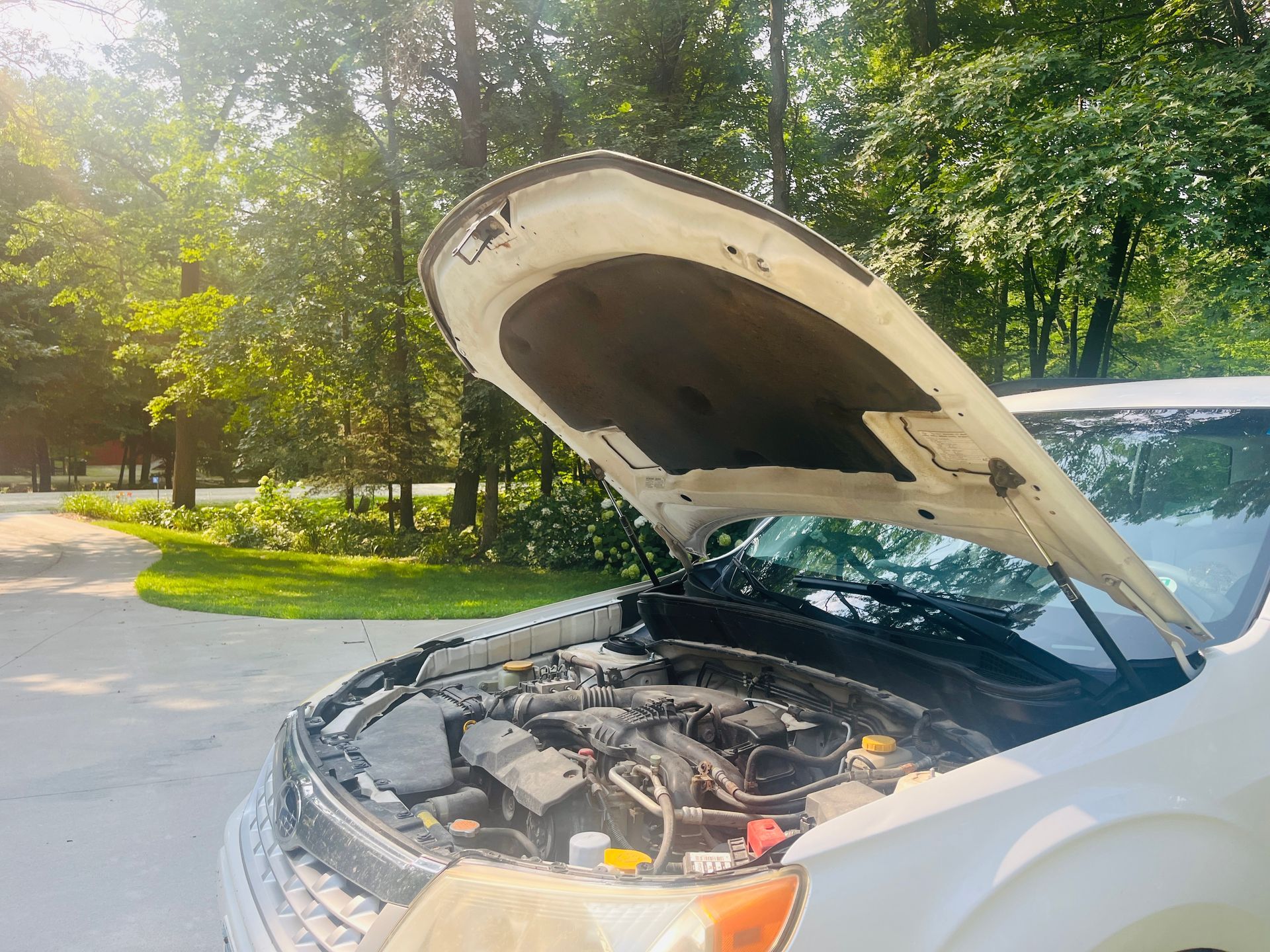Call us: (507) 226-8330
Driving safety starts with you
March 3, 2016
Soccer season is just around the corner and to get prepared, my daughter and her teammates signed up for a preseason futsal tournament a couple weeks ago. Apparently this indoor soccer requires special shoes in order to play at your best. However, being the frugal mom that I am, I decided a new pair of lightweight tennis shoes (ones without holes that her current ones were sporting) should work just fine.
While heading to the shoe store, she asked "why do you push that button?" She was referring to the cruise control. I told her that it's one of the best inventions … it keeps the car going at the speed you set which helps people like me with a lead foot. Maintaining a proper speed with cruise control is one more way vehicle manufacturers have equipped modern vehicles to assist in our safety. I revealed other ways in my article last month but now let's explore adhering to some key driving decisions that can help you and others be safer on the roads as well.
I'm sure you've heard the phrase: "you can't change anyone but yourself." Oh so true-I know because I have tried to change others and failed. Since you cannot control the actions of other motorists, you must rely on your own experience and skills. Are you an excellent driver? Great! Then this article might just allow you to pat yourself on the back a few times for doing things right! Are you an okay driver with a few bad habits? Read on! Even though your driving habits may not have ended in something bad thus far, this could help you get back on track with better skills that will benefit you and others.
Illuminate, illuminate, illuminate
It is imperative that your vehicle is equipped to see others and enable others to see you. Before you step into your vehicle, are you aware of possible problems that may hinder your driving? In the winter, do you ensure the vehicle is clear of snow before you get behind the wheel? Do you clear off not only all of the windows, but the lenses of your lights as well? Do your lenses look foggy? Perhaps it's time to get them buffed for better illumination. Are your wipers effective? Do you have adequate washer fluid to eliminate the dirt and debris that spray onto your vehicle-especially in the snow melting periods when dirt and grime seem to be ever present? Do all of your lights work? One burnt out bulb is a big deal. What if the other goes out while driving at a time when they should be illuminating?
Plan your way
I'm a planner. What about you? Do you always know where you're heading? Do you know what the weather and road conditions are before you enter your vehicle? No matter your destination, it's important to plan ahead so you are not tempted to become irresponsible on the way there-speeding, texting to alert tardiness, etc. And if you don't know where you are going and require the assistance of GPS, be sure you have the information entered into your device before you set out.
Be clearly attentive
Are you physically and mentally prepared to drive? Are you well rested and alert so you can respond to possible problems on the roads? Have you taken any drugs or consumed any alcohol that may limit your abilities? Perhaps you've only had one drink and "feel fine." But have you considered other factors that may increase how it may alter your clarity of mind? The best decision is to not get behind the wheel of a motor vehicle if you are under the influence of any mind-altering substance. Be honest with yourself and think past yourself-ask is what I am about to do safe and would I want someone else to be doing it if I were in their car or a fellow motorist in their path?
Reduce distractions
There is so much to distract our attention these days. Taking your hands off the wheel, eyes off the road or mind off the driving task at hand can be a recipe for disaster. What do you need to do to minimize distractions? Turn your phone off? Advise your children of appropriate vehicle behavior before you are en route? Think about possible distractions that you've experienced before and do your best to reduce or eliminate them before you operate your vehicle.
Scan and be kind
It is important to prepare as much as possible for signs of problems. Scan the roadway continually for hazards, know what is happening from side to side, ahead of you and behind you. Watch for pedestrians, bicyclists, motorcyclists and animals. Understand that others make mistakes or may not be as aware as you are. Being courteous on the roadways and offering grace in stressful situations may prevent possible problems related to reckless driving and road rage.
Watch your speed
Posted speed limits are determined for your safety and are set based on ideal conditions. Do you sometimes push the posted limits? By doing so, not only are you in jeopardy of earning an expensive ticket, but you are making the roadways more dangerous for yourself and others. Higher speeds magnify your errors and provide less time to identify and react to a hazard, stopping distances are longer and crashes are more severe. Pay attention to posted limits and adjust your speed for traffic and hazardous road conditions.
Drive defensively
Are you a tailgater? Are you always in a hurry? If you are, you may have been the one riding my rear last week and almost hitting me when I needed to stop quickly. We must maintain a safe distance when driving and anticipate the actions of others. We must also be predictable as much as possible. Working taillights and signaling appropriately will help other become aware of our intentions.
Buckle up
Seat belts are priceless in a crash or even a possible crash. Being properly secured helps to keep you in control of your vehicle and ready to react to any potential problems. Make sure all of your passengers are securely buckled up too!
We all have the ability to make a difference on the roadway with the decisions we make and the rules we follow. I hope you'll do your part in being a responsible driver.
By Jeana Babcock

